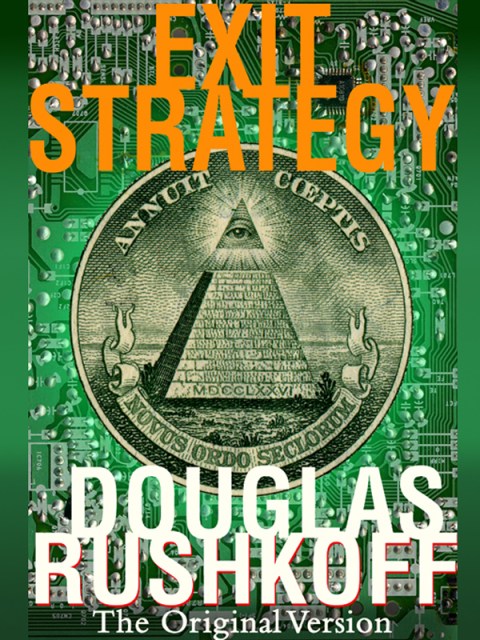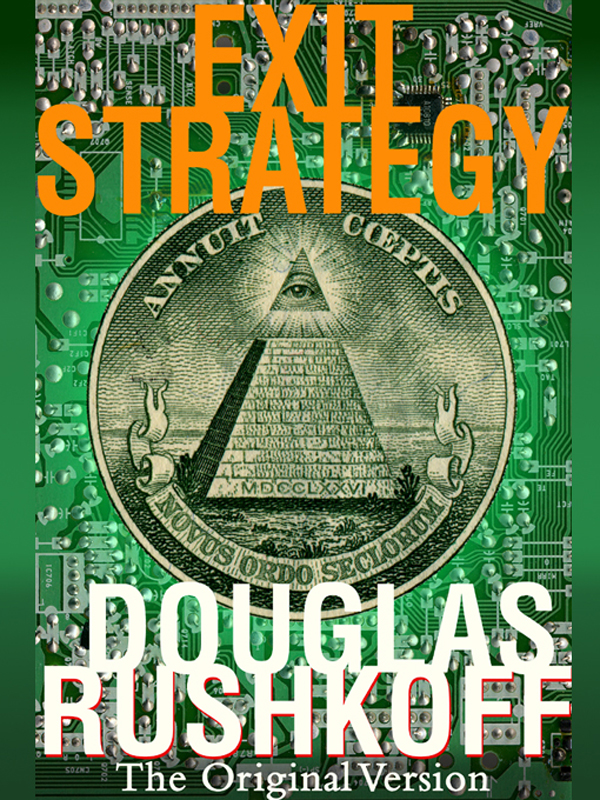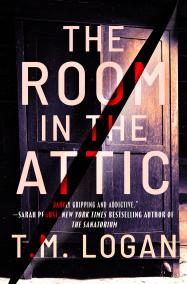By clicking “Accept,” you agree to the use of cookies and similar technologies on your device as set forth in our Cookie Policy and our Privacy Policy. Please note that certain cookies are essential for this website to function properly and do not require user consent to be deployed.
Exit Strategy
The Original Version
Contributors
Formats and Prices
- On Sale
- Sep 15, 2001
- Page Count
- 375 pages
- Publisher
- Grand Central Publishing
- ISBN-13
- 9780759525863
Price
$7.99Price
$9.99 CADFormat
Format:
ebook (Digital original) $7.99 $9.99 CADThis item is a preorder. Your payment method will be charged immediately, and the product is expected to ship on or around September 15, 2001. This date is subject to change due to shipping delays beyond our control.
Buy from Other Retailers:
Meanwhile, Jamie’s former pals have developed a way to kill the Web’s – and the stock market’s – profit-making capacities. A dazzling satire of 1990s dot-com mania, this McLuhanesque cultural critique establishes a new publishing precedent: it is the first “open-source” ebook, annotated by online readers.
Newsletter Signup
By clicking ‘Sign Up,’ I acknowledge that I have read and agree to Hachette Book Group’s Privacy Policy and Terms of Use






